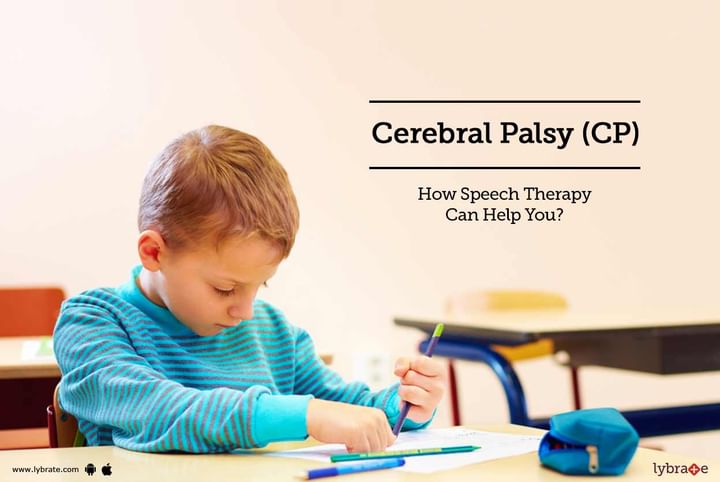Cerebral Palsy (CP) - How Speech Therapy Can Help You?
ÏCerebral Palsy (CG) is a neurological disorder caused by an injury to the brain or a brain malformation that occurs while the child’s brain is still developing – in the mother’s womb before birth, during birth, or immediately after birth.
This disorder affects the child’s movement and muscle coordination and control. It also affects his:
- Reflexes
- Balance
- Posture
- Motor skills and
- Oral motor functions
In easy to understand language, CG can impact the child’s ability to walk, talk, sit, do simple tasks like eating, combing hair, talking, and other activities we take for granted. The physical impairment caused by cerebral palsy can affect all limbs, the face and head, or it may just affect one limb. Since CG affects muscles and a child’s ability to control them, common symptoms include muscles that contract too much, too little, or all at the same time, leading to limbs that are stiff and forced into awkward positions. Other complications also arise such as intellectual impairment, seizures, or vision/ hearing and speech impairment.
How does Speech Therapy help?
Speech problems affect more than half of all children with cerebral palsy as they have difficulty controlling the muscles in their face, throat, neck and head. Apart from speaking, this also affects chewing and swallowing. It can also cause drooling and the ability to learn, difficulty hearing and understanding spoken language.
This is where speech and language therapy comes in. Speech therapy improves a child’s speech and communication by strengthening the muscles used for speech. It also improves understanding of speech and language as well as help with swallowing disorders, like dysphagia.
Speech therapy helps exponentially as when children improve their speech and communication, they are able to express their needs, share their thoughts and interact with others, leading to an overall improvement in their overall quality of life.
Speech therapy can help with the following:
- Listening
- Articulation of words
- Pronunciation
- Fluency
- Sound and word formation
- Language and vocabulary development
- Breath control
- Chewing
- Swallowing
- Speech muscle coordination
Apart from this, the other primary benefits are boosting self esteem, socialization, independence and reducing shyness.
Exercises used in Speech Therapy
Speech therapy treatment usually consists of exercises tailored to a child’s specific needs. Different exercises are used in speech therapy like:
- Articulation therapy: The therapist uses language cards to help focus attention on specific sounds to encourage the child to make sounds while looking in the mirror to help him understand how his mouth moves.
- Blowing exercises: The therapist encourages the child to blow bubbles or a whistle to train the mouth muscles to produce sounds.
- Breathing exercises: Work is exclusively on inhalation and exhalation to strengthen the diaphragm.
- Jaw exercises: The child is encouraged to eat foods that require extra chewing to strengthen jaw muscles.
- Language and word association: The therapist uses flashcards with different words and sounds written on them. If you wish to discuss about any specific problem, you can consult a Speech Therapist.



+1.svg)
